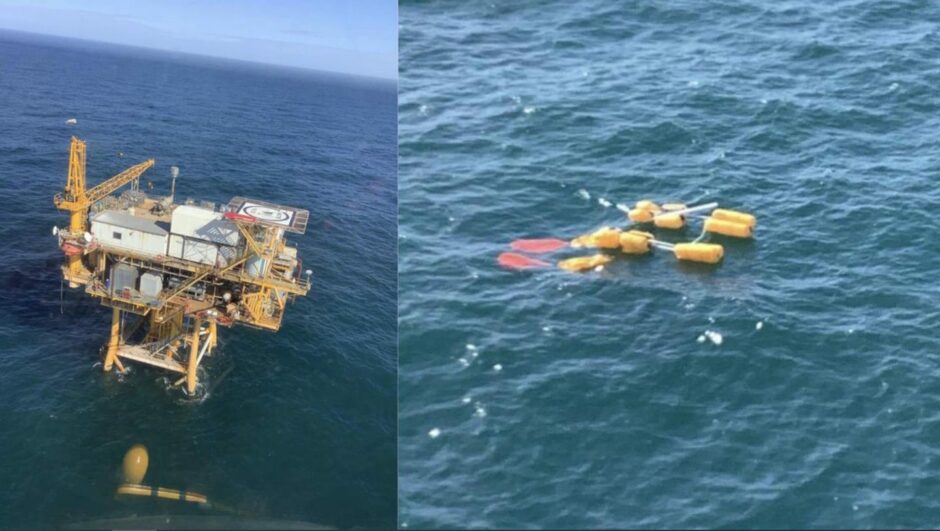
There have been 10 deaths over a five-year period for the oil and gas helicopter sector, according to new data.
From 2019-2023, western OEM helicopters transferring workers in the offshore energy industry suffered 21 accidents, 10 of which were fatal, according to the report from industry safety group HeliOffshore.
In 2023 alone, the industry saw three confirmed accidents, two of which were fatal, which saw four lives lost.
In September, two pilots were fatally injured when a Bell 212 helicopter crashed in the Arabian Gulf as it headed for the Aras Driller jack-up rig.
That followed the remains of several workers being recovered in January 2023 after a crash in the US Gulf.
This year, the industry has already been rocked by a fatal incident in Norway when an S-92 ditched in the North Sea, leading to the death of a 61-year-old nurse Reidun Hestetun from Bergen.
The report looks at incidents from 2013 – 2023 noting 63 accidents overall, 27 of which were fatal.
HeliOffshore identified the three most common causes of fatal accidents as:
-Loss of control in flight
-Controlled flight into terrain or water
-System or component failure or malfunction.
“The one action that is not acceptable when reading this report, is to do nothing,” said HeliOffshore CEO Tim Rolfe.
“This latest report, covering the period 2013 – 2023, reminds us there is more work we can and must do to meet our critical mission to transform global performance, so no lives are lost in aviation.
“Despite its breakthroughs and successes, safety remains relentless work. Our industry frontline of pilots, engineers, maintainers, designers and passengers, deserve nothing less.”
Findings from the document will be discussed at an upcoming conference for the sector in Vienna.
Of the 10-year-period, 2022 saw the highest number of fatal incidents (6) and matched 2015 as the year with the highest number of overall incidents (11).
Dr Matthew Greaves, HeliOffshore’s Safety Intelligence Programme director, said: “The data presented in this report highlights the importance of the HeliOffshore Safety Intelligence Programme.
“Only by collaborating can we hope to understand the true safety performance of the industry and measure progress as we work towards our goal of zero accidents.”
Recommended for you

